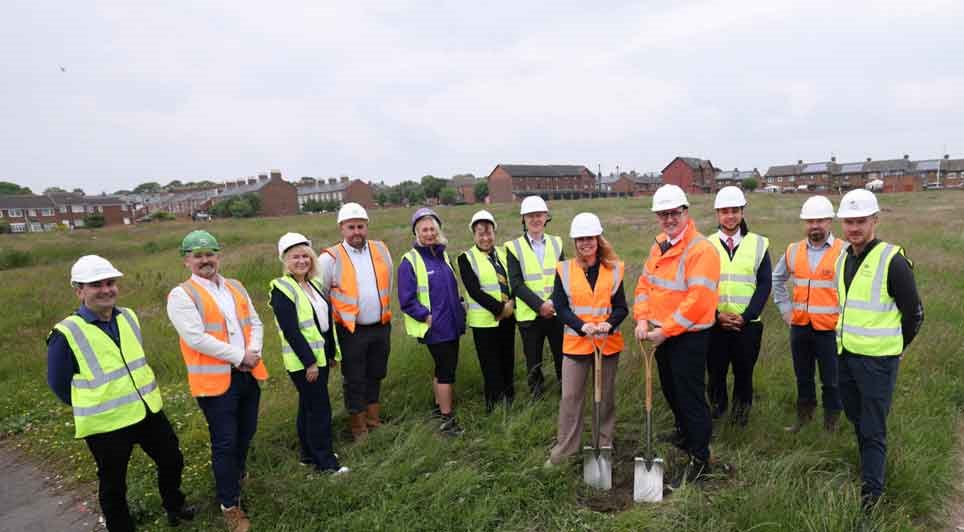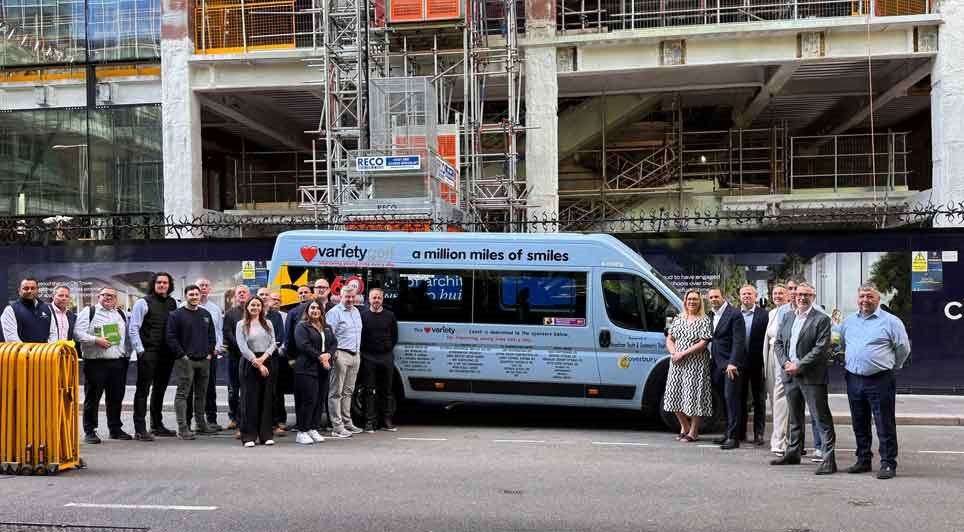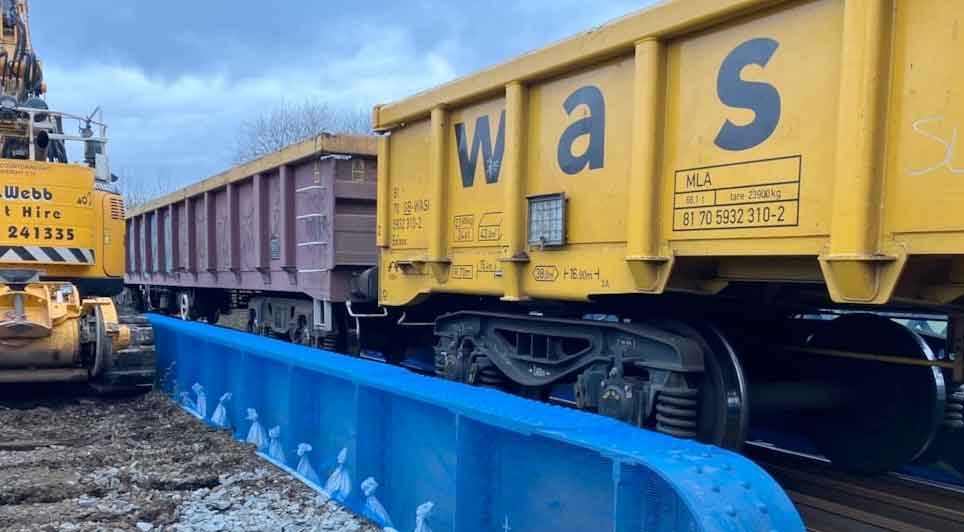Many businesses struggle to find a balance between productivity and efficiency – and no they aren’t the same thing.
So, what is the difference between the two, and how do you strike the right balance?
Efficiency - refers to the quality of work and how well allocated resources are utilised.
Productivity – is the volume of output over a set period.
Productivity can be quite abstract and tends to be influenced by a variety of outside factors beyond the control of a business, such as the state of the economy and competitors. Nonetheless, obtaining an estimate can help managers appropriately allocate resources and plan ahead. The basic formula for productivity is the following:
Productivity = Total Output / Total Input
Efficiency
If productivity is about maximising the amount of work product, then efficiency measures the quality of it. To do this, you need a standard to measure it against. With that, you can measure efficiency using the formula:
Efficiency = (Standard Labour Hours / Amount of Time Worked)
Productivity can sometimes take precedence over efficiency. The need to complete a large volume of work, in a set time period, to turn a profit can mean businesses aren’t effectively utilising their resources and sacrificing efficiency.
Appropriate allocation of resources and labour is key to ensuring efficiency and productivity on-site.
Inefficiencies, although sometime minor issues, can add up. A few lost minutes here, a manual process there, and they can amount to large losses both in time and money.
Inefficient workflows can lead to:
Returning to a job - re-doing rushed, poor-quality work, means resources are being siphoned away from other projects. In extreme cases, this can come at the cost of clients and contracts, which has a direct effect on staff morale and employee retention.
Wasted work hours – manual processes can take double the time meaning less hours on the worksite and delays to the job.
Misplaced resources – not keeping track of all equipment and vehicles means time lost in tracking down what is needed for a certain job. Also, if defects aren’t logged, precious time and money is spent on delays in works and finding a replacement.
Scheduling clashes – if you don’t have information about jobs, upcoming and ongoing, all in one place, this can lead to clashes, double bookings and even missed opportunities of new work.
Customer dissatisfaction – in such a competitive market, upsetting a client can mean they will look elsewhere to meet their needs. Poor communication, delays and missed appointments could all be reasons a client loses faith in your business.
Declines in worker safety - cut corners can lead to injury or in the worst cases death. In 2021/22, 36.8 million days were lost due to work-related ill health and non-fatal injuries.
That’s why optimising your company’s operational processes to improve efficiency is crucial to achieving sustainable business growth. Many businesses are now trading in their current processes for a digital field management solution. With a more efficient foundation that streamlines many repetitive administrative processes, teams on all sides of the business can benefit from more time, where productivity can increase as well.
The main way field management software increases productivity is by automating repetitive admin tasks and streamlining workflows. Rather than physically transporting job packs, forms and communications to remote sites, instant communication between the dashboard and app components of the system allows users to receive all necessary work information through their mobile device.
With digital form completion through said app, automated workflows can be triggered based on submitted data. This means actions such as recording vehicle defects or scheduling servicing no longer need to be done by a staff member, enabling resources to be diverted elsewhere.
Meanwhile, efficiency is also improved. Asset management ensures that equipment is serviceable, workers are properly qualified to carry out work, and materials are being properly accounted for and stocked as needed. Enabling compliance through forms helps reduce errors in reporting. This, coupled with evidencing work through capture, sign-off, and tracking ensures work is completed to standard. All this feeds into live data reports, facilitating forward planning and data-driven decisions that help to measure and improve efficiencies across the business.
To summarise, productivity is measured by the quantity of work done, while efficiency is measured by the quality of this work. Neglecting one in favour of the other can have serious consequences but luckily, the increased adoption of new technologies is offering an accessible way for businesses to find that healthy balance and grow sustainably.
Discover the right balance between efficiency and productivity with field management software. Get a free demo of Re-flow and qualify for a free trial, or call 01392 574002.
Construction News
01/09/2023
Efficiency vs Productivity – How To Strike The Right Balance In Business


12/06/2025
Work is due to begin this summer on a new £27.3 million leisure centre in Bishop Auckland, marking the start of Durham County Council’s flagship development under its Leisure Transformation Programme.
The new facility will replace the aging Woodhouse Leisure Complex, the oldest in the council's por

12/06/2025
Esh Construction has been awarded a £23 million contract by Thirteen Group to build 96 new affordable homes in Sunderland.
Located in the Hendon area, the development will include 75 two-, three-, and four-bedroom houses and 21 two-bedroom bungalows. All homes will be available for affordable rent.

12/06/2025
Willmott Dixon has been appointed by Queen Mary University of London to lead a £48.8 million redevelopment of its School of Business and Management in Tower Hamlets.
The project will see the construction of a new 6,700m², seven-storey building that will replace the current outdated facility. Schedu

12/06/2025
VolkerRail has been awarded the Tranche 6 contract to renew signalling structures across the North West of England, as part of Network Rail's ongoing efforts to modernise ageing railway infrastructure in the region.
This latest contract, valued at £19.9 million, builds on the success of the previou

12/06/2025
Hometrack has been awarded a major contract by Homes England to deliver comprehensive housing market intelligence that will underpin the government's regeneration and housing delivery efforts over the next four years.
The UK-based property analytics firm will supply detailed data and insights to th

12/06/2025
A group of subcontractors working on a Citi project in London have come together to fund a new minibus for a Streatham-based charity that supports children and young people.
Overbury, along with members of its Citi project supply chain, have collectively financed a Variety Sunshine Coach for the St

12/06/2025
A record-breaking £2.5 billion of additional funding has been announced this week by Chancellor of the Exchequer, Rt Hon Rachel Reeves, to accelerate the development of the world’s first prototype fusion power plant in the UK.
Known as Spherical Tokamak for Energy Production (STEP), the pioneering

12/06/2025
As the UK water industry ramps up infrastructure investment, forecasting a 48% expansion in the engineering construction workforce within water treatment by 2030, Essential Site Skills is proud to promote the newly launched EUSR "Products for Drinking Water" scheme.
This course is designed to hel

12/06/2025
Leeds City Council has launched a public consultation on new planning guidance that could pave the way for the large-scale regeneration of land surrounding Elland Road football stadium, potentially delivering a multi-billion-pound boost to the city’s economy.
The draft 'Elland Road 2025 Informal Pl

12/06/2025
Network Rail (Wales and Borders) is carrying out essential track renewal and maintenance works between Bridgend and St Fagans as part of efforts to ensure the long-term safety and reliability of the rail network.
The upgrade programme will involve replacing rails, sleepers, and the ballast (stones)
 UK
UK Ireland
Ireland Scotland
Scotland London
London











